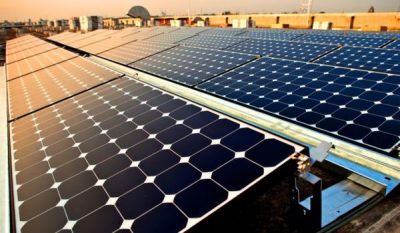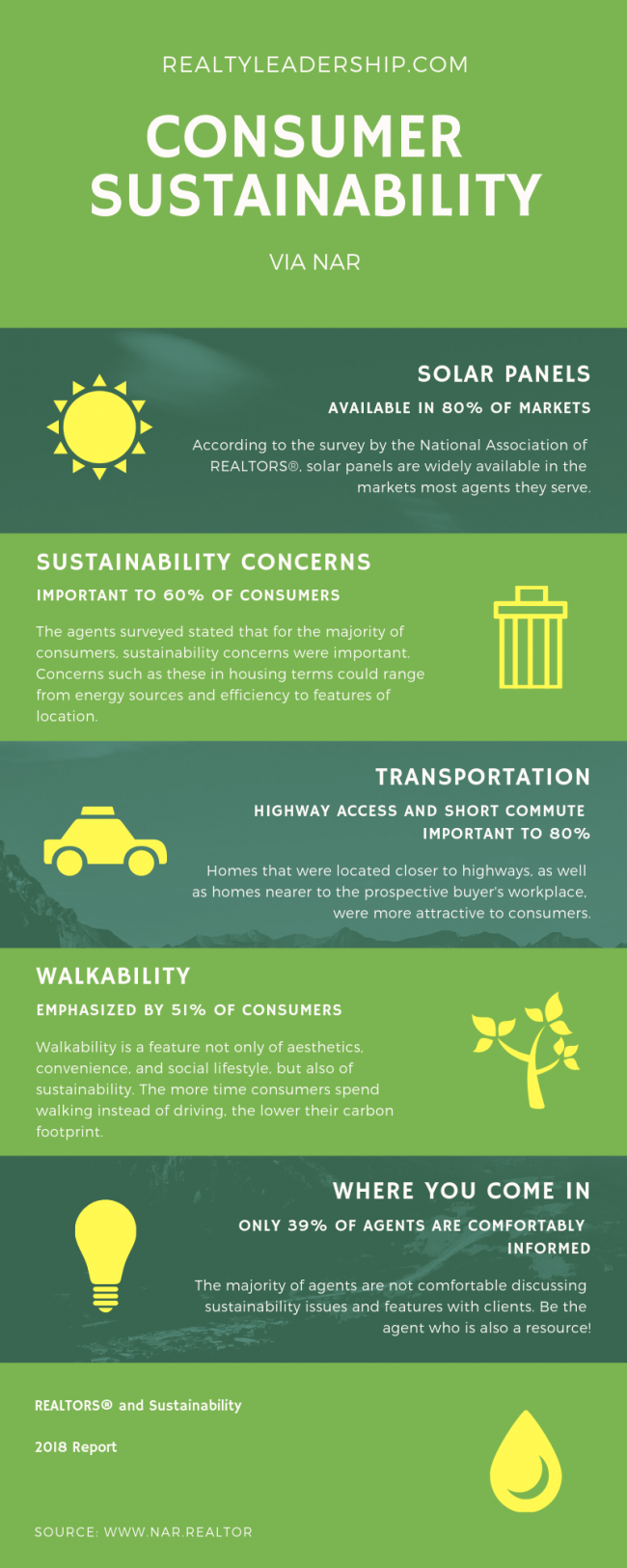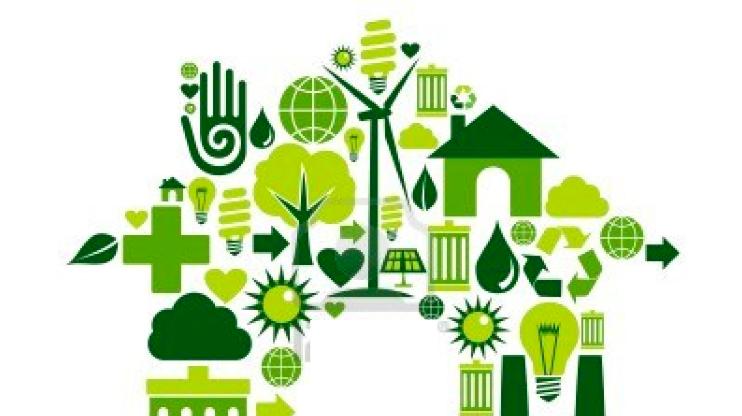Give yourself an edge in an evolving world.
Sustainability is becoming a buzzword in popular culture, and real estate culture is no exception. As political tensions heighten, climate change is becoming a bigger and bigger issue as increasing numbers of people begin making efforts to live sustainable lives.
In 2018, 80 percent of REALTORS® reported that solar panels were available in their markets. This number reflects consumer interest in investing in homes that have sustainable features or putting such features on homes that do not. In fact, 61 percent of those surveyed reported that sustainability concerns were important to consumers.
Buyer motivation and sustainable features
To avoid the hassle of installing such features as solar panels themselves, many buyers would much prefer to purchase a home that already came equipped with these features, and may be more willing to buy. Sellers, in turn, could highlight such features and perhaps expect an increase in the value of their home in response to increased demand.

Via EnergySage: Solar panels are available in 80 percent of surveyed markets.
Installed sustainability features, however, are not the only elements of a sustainable lifestyle that buyers may be looking for and, therefore, that agents and sellers can then highlight. The livability of a home often translates to the sustainability of a home, if sustainability is an important part of an individual’s or family’s lifestyle.
Livability and sustainability
The agents surveyed in 2018 found that more than 80 percent of consumers highlighted proximity and access to highways and short commute time and distance to work as very important to them in the search for a new home; another 51 percent emphasized walkability.
All of these aspects factor not only into convenience but also into sustainability, providing another angle for real estate agents to take when selling a home. Walking and short commute times mean less dependence on personal transportation, which in turn lowers a person’s carbon footprint.

Other sustainable trends
A home does not need to be smart, perfectly located, or have solar panels attached the roof to be attractive to a client who is conscious of sustainability. Though less flashy, amenities like all-electric kitchens are much more environmentally conscious as well as, once again, convenient.
Sustainable options for homebuyers come in a variety of shapes and forms: there may be a burgeoning market for sustainable tech that can be added to a home in the buyer’s target neighborhood (or what will soon become a target neighborhood, once they know that sustainable options are available there); the home itself may come with sustainable options; or aspects of the environment such as transportation and walkability might make a home an attractive option.
Your turn to take charge
In spite of these trends in consumer interest, however, only 39 percent of agents surveyed said that they were comfortable or very comfortable answering questions related to sustainability. The best way to capitalize on the growing movement toward sustainability in consumer culture, then, is to educate yourself as an agent.

Via arbache.com: Become a leader in sustainable education.
It is important to educate yourself practically, to know what options are available and what benefits they confer on their users and the environment. Become comfortable with environmental lingo, not because of a moral imperative, but because of your duty to respond to your clients’ needs. You should also investigate the sentiments of people in your area to discern what kind of market exists for sustainable products and homes.
By becoming one of the minority of agents who feels comfortable discussing sustainability issues with clients, you give yourself an edge in an evolving world.




 Where do we send your free Great Agent demo?
Where do we send your free Great Agent demo?





 We just need some facts about your organization:
We just need some facts about your organization:
COMMENTS